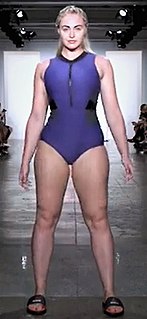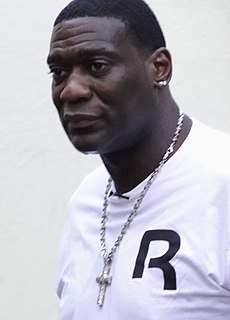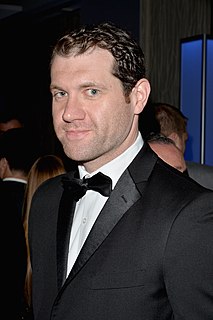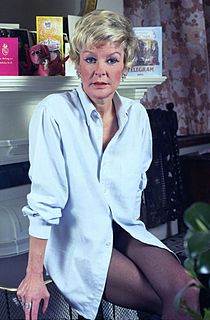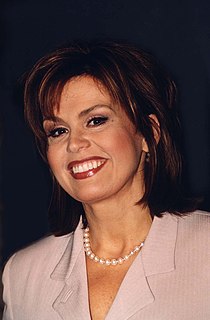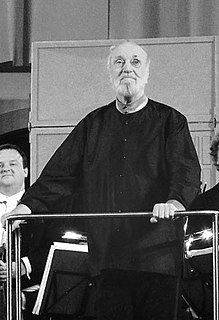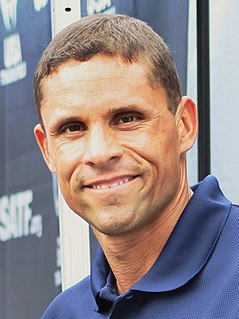A Quote by Ella Baker
I guess the best way to describe that would be to connect with the fact that I came out of college just before the big Depression, and I came to New York.
Related Quotes
Out of the ashes of the Great War came the freewheeling cultural renaissance that was the Jazz Age, but the decade-long party of flapper dresses and bootlegging came to a crashing halt with the Crash of '29 - triggering the Great Depression and the New Deal that would help America get back on its feet, just in time for another, greater war.
Everything I learned and didn't do in New York I would put into place here in the London West Hollywood. It's fascinating, when you look at the critics' reviews, and we had a great one in the New York Observer and all that, and then the New York Times came and it was a devastation; two stars out of four. They said that I played safe because it wasn't fireworks. Then they judged the persona over the substance that was on the plate.

